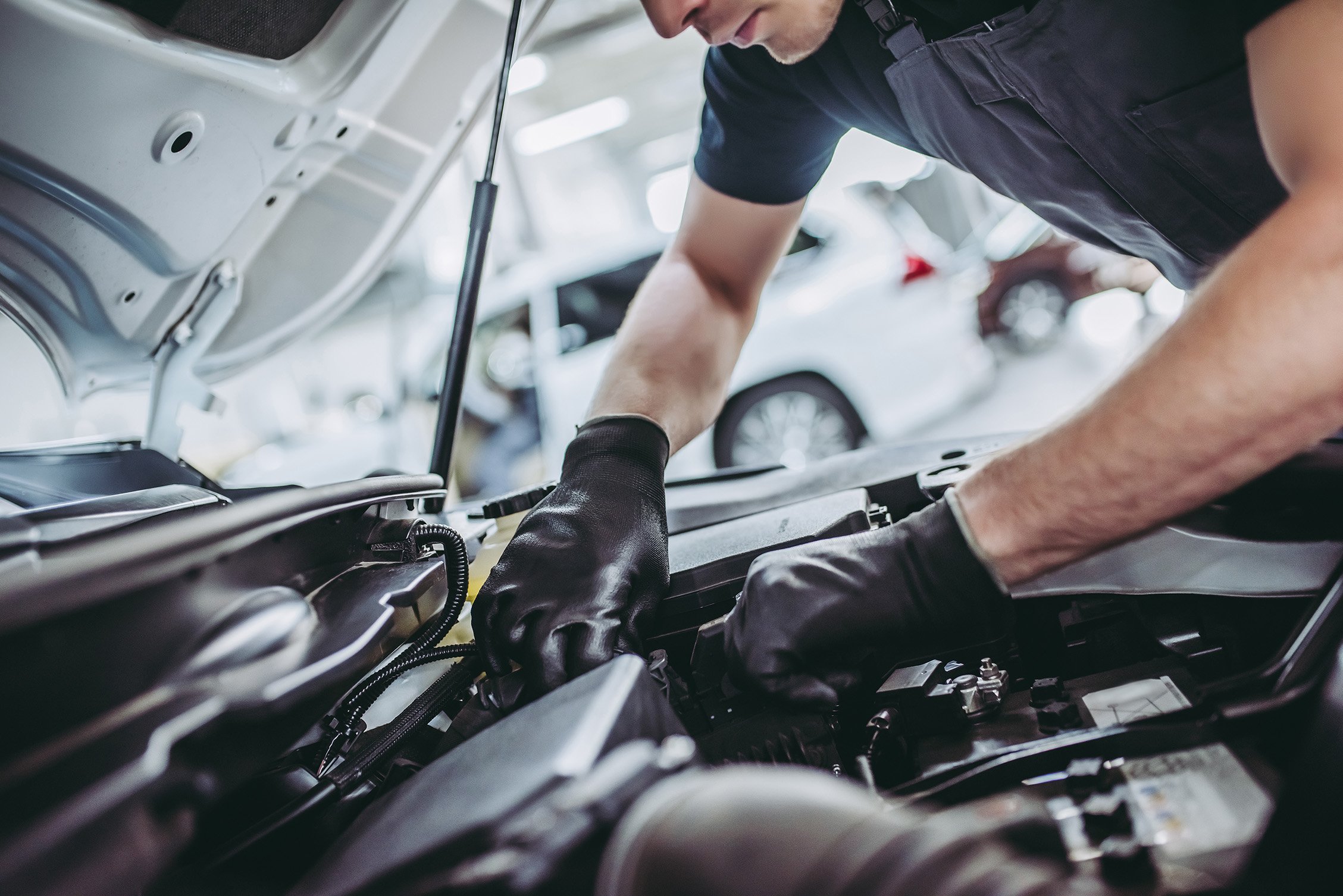All Categories
Featured
Preparing your lorry for a long-distance road journey is vital to ensure safety, comfort, and performance throughout the journey. Whether you're headed for a weekend vacation or a cross-country experience, making sure your car is in top condition can avoid unexpected issues and keep you when driving. Here are vital steps to guarantee your automobile awaits long-distance traveling.
![]()
![]()
Conclusion. A little prep work goes a lengthy way when it comes to long-distance traveling. By inspecting your vehicle's fluids, evaluating the brakes and tires, and guaranteeing the battery and air conditioning system are functioning appropriately, you can minimize the threat of unexpected breakdowns.
- Perform a Thorough Fluid Check. One of the most crucial checks before any type of long-distance drive is ensuring all crucial liquids are at the proper levels. Examine your engine oil, transmission liquid, coolant, brake liquid, and windshield washer fluid.
- Examine the Tires for Put On and Proper Rising Cost Of Living. Check the tire stress and inflate them to the suggested degrees to make certain optimal gas effectiveness and handling. Inspect the walk deepness to make sure your tires can grip the roadway effectively, specifically in wet or slippery conditions.
- Check the Battery's Wellness. A failing battery is an usual reason for unanticipated breakdowns. Prior to leaving, examine the battery for any type of visible deterioration on the terminals. Tidy it meticulously with a mixture of cooking soft drink and water if you notice any kind of accumulation. In addition, inspect the battery's fee and age-- if the battery is over three years of ages, think about replacing it to stay clear of potential failing during your journey. Some automobile parts stores provide totally free battery testing, which can give you tranquility of mind before hitting the trail.

- Make Certain the Cooling System Is Operating Correctly. The cooling system maintains the engine from overheating, so it's critical to check that it's operating correctly before a long drive. Examine the radiator for any leaks or damages and examine the coolant degrees. Top it up with a mix of antifreeze and water according to the supplier's recommendations if the coolant is reduced. Overheating can spoil an engine swiftly, so if you're uncertain concerning your automobile's air conditioning system, think about having it checked by a specialist auto mechanic prior to leaving.
- Evaluate the Brakes. The problem of your brakes straight influences your safety and security, specifically on long trips where you'll be driving at high speeds. Examine the brake fluid level and make certain it's at the optimum degree.
- Check Your Lights and Signals. Make sure all your lorry's lights, including fronts lights, taillights, brake lights, and turn signals, are working appropriately. Driving without functioning lights can be harmful, especially in the evening or in bad climate condition. Replace them before your trip if any type of bulbs are out. Additionally, clean your taillights and fronts lights to make sure maximum visibility, specifically in rainy or clouded problems.

- Load an Emergency Set. Despite having the ideal prep work, emergencies can occur. Constantly pack an emergency kit with essential items, consisting of an initial aid kit, flashlight, jumper wires, tire-changing devices, and an extra tire. Consist of basic materials such as bottled water, non-perishable treats, and a blanket in situation you finish up stranded. Having these items available can make a difficult circumstance a lot more manageable.
- Plan Your Path and Rest Stops. Mapping out your route in advance is crucial to an effective long-distance trip. Use a General practitioner or smart device app to examine for building and construction or road closures, and determine hassle-free rest quits for sustaining and extending your legs.
- Schedule a Pre-Trip Examination. If you're unclear regarding the problem of your auto or want a professional viewpoint, take into consideration setting up a pre-trip evaluation at an automobile store. A mechanic can do an extensive check, guaranteeing everything remains in excellent working order before you leave. This action is especially crucial if you're taking a longer trip or driving in unknown locations.
Conclusion. A little prep work goes a lengthy way when it comes to long-distance traveling. By inspecting your vehicle's fluids, evaluating the brakes and tires, and guaranteeing the battery and air conditioning system are functioning appropriately, you can minimize the threat of unexpected breakdowns.
Latest Posts
Check Out the Greatest Auto Repair Coupons in Montclare, Chicago
Published en
1 min read
Discover Reduce Expenses on Car Maintenance with Montclare Auto Repair’s Exclusive Deals
Published en
1 min read
How Regular Car Maintenance at Montclare Auto Repair Saves You Money
Published en
1 min read
More
Latest Posts
Check Out the Greatest Auto Repair Coupons in Montclare, Chicago
Published May 24, 25
1 min read
Discover Reduce Expenses on Car Maintenance with Montclare Auto Repair’s Exclusive Deals
Published May 24, 25
1 min read
How Regular Car Maintenance at Montclare Auto Repair Saves You Money
Published May 24, 25
1 min read